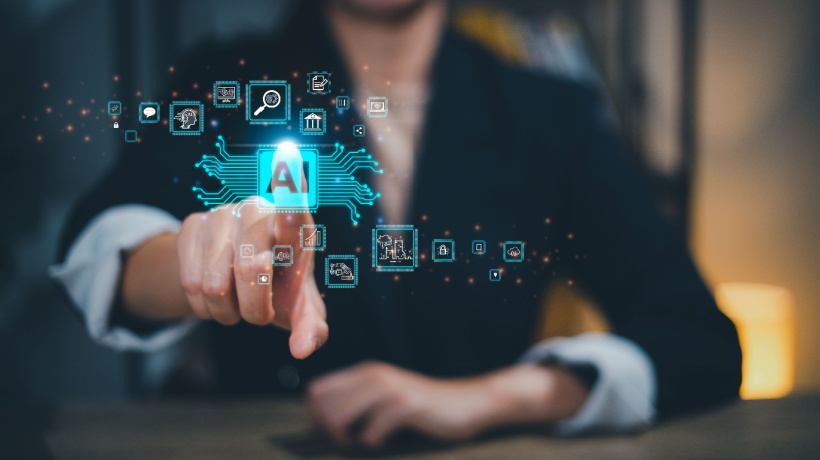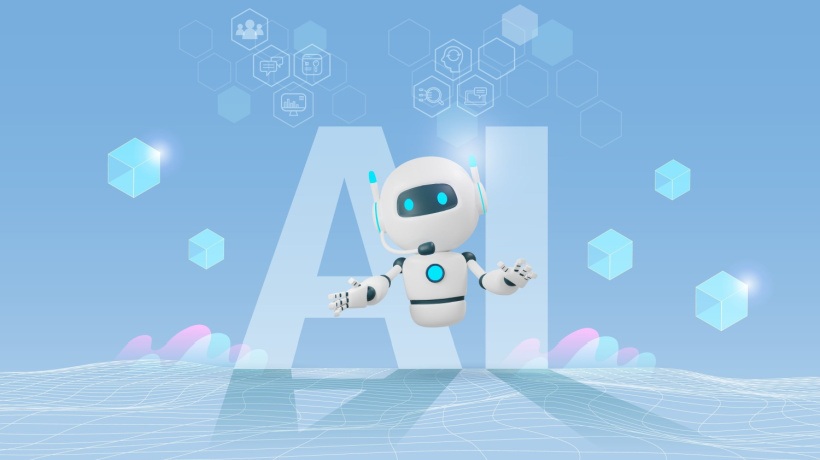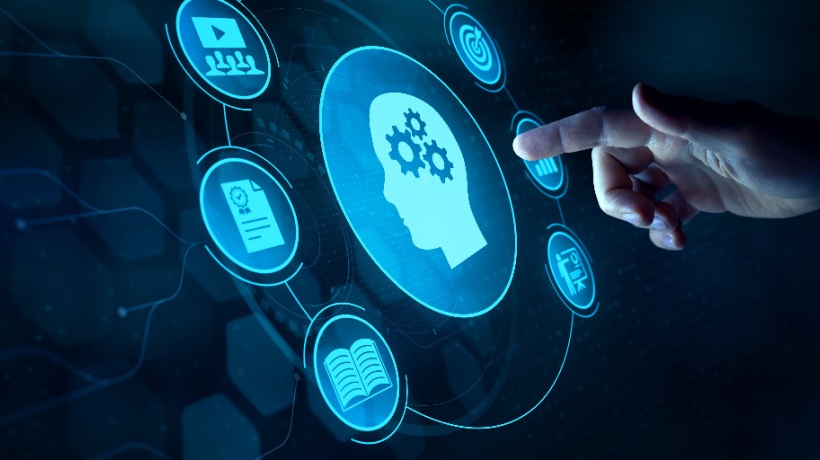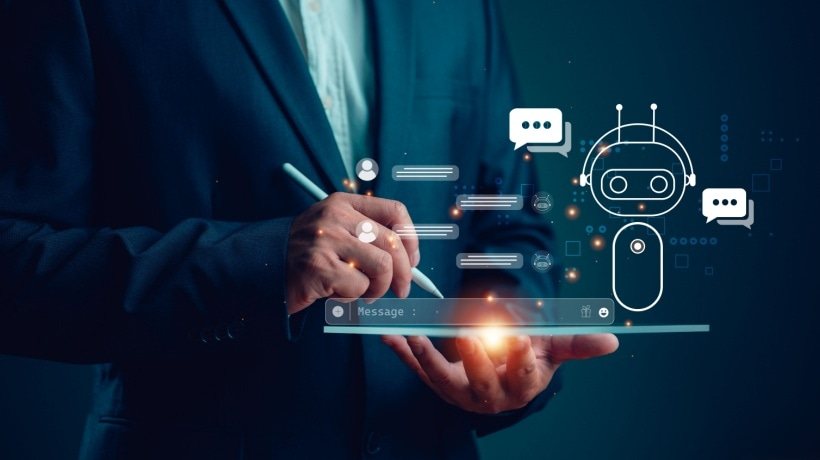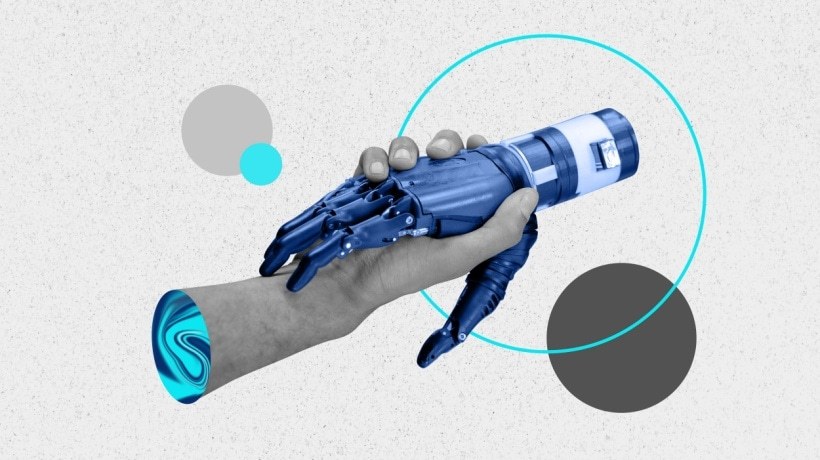How To Use Artificial Intelligence In Corporate Training
As technology continues to advance at an unprecedented rate, it has become increasingly important for businesses to stay ahead of the curve. One area where this is especially true is in the realm of corporate learning. With the rise of Artificial Intelligence (AI), there has been a growing interest in how this technology can be leveraged to improve corporate learning strategies. In this article, we'll explore the benefits of using AI in corporate learning, the tools and technologies available, applications of AI, personalization of learning, and the future of AI in corporate learning.
Introduction To AI In Corporate Learning
Artificial Intelligence refers to the simulation of human intelligence in machines that are programmed to think and learn like humans. This technology has the potential to revolutionize the way we approach corporate learning. In traditional corporate learning, employees are often given a one-size-fits-all training program that may not be relevant to their specific needs or learning styles. AI, on the other hand, can provide personalized learning experiences that are tailored to each employee.
The Benefits
One of the biggest benefits of using AI in corporate learning is the ability to provide personalized learning experiences. This means that each employee can have a unique learning path that is tailored to their skills, interests, and learning style. This can lead to better engagement and retention, as employees are more likely to be motivated to learn when the material is relevant to their specific job role.
Another benefit of using AI in corporate learning is the ability to track employee progress and provide real-time feedback. This can help managers identify areas where employees may be struggling and provide additional support or resources as needed. It can also help employees identify areas where they excel and provide opportunities for further development. AI has the capability to automate content creation for corporate learning programs, such as generating interactive videos, simulations, and assessments that are engaging and tailored to learners' needs. This can result in significant time and resource savings in content development while ensuring that the content remains current and aligned with the organization's goals and objectives.
With AI-powered learning platforms, employees can have round-the-clock access to learning content, enabling them to learn at their own pace and convenience. This flexibility empowers employees to access learning resources anytime, anywhere, making it highly convenient for remote or globally dispersed workforces.
AI-Based Learning Tools And Technologies
There are a variety of AI-based learning tools and technologies available to businesses today. One example is adaptive learning, which uses algorithms to adjust the difficulty of learning materials based on how well the employee is performing. This can help ensure that employees are not overwhelmed by material that is too difficult or bored by material that is too easy. Another example is Natural Language Processing (NLP), which can be used to create chatbots that can answer employee questions in real time. This can provide employees with the support they need to complete their training without having to wait for a response from a human trainer.
Real-Life Applications
There are many different applications of AI in corporate learning. One example is in the area of compliance training. With AI, businesses can create personalized compliance training programs that are tailored to each employee's specific job role and level of risk. This can help ensure that employees are knowledgeable about the specific regulations that apply to their role and can reduce the risk of compliance violations.
Another application of AI is in the area of soft skills training. Soft skills, such as communication, leadership, and teamwork, are often difficult to teach in a traditional classroom setting. However, AI can provide personalized training that is tailored to each employee's specific needs and learning style.
AI-driven language learning and translation tools can support language learning and communication within a corporate environment. These tools utilize Natural Language Processing (NLP) and Machine Learning algorithms to offer language learning resources, translation services, and speech recognition capabilities. This empowers employees to communicate and collaborate effectively in a global business environment, breaking language barriers and facilitating seamless interactions.
Integrating AI In Your Corporate Learning Strategy
Integrating AI into your corporate learning strategy can be a complex process. It's important to start by identifying the specific goals you hope to achieve through the use of AI. This might include improving employee engagement, increasing retention rates, or reducing the time required to complete training. Once you've identified your goals, you can begin to explore the different AI-based learning tools and technologies that are available. It's important to choose tools that are appropriate for your specific needs and that can be integrated seamlessly into your existing Learning Management System.
The Future Of Corporate Learning
As AI technology continues to advance, it's likely that we'll see even more applications of this technology in corporate learning. One area where AI is likely to have a significant impact is in the area of Virtual and Augmented Reality. By using VR and AR, businesses can create immersive training experiences that are more engaging and effective than traditional classroom-based training.
AI has the potential to revolutionize the way we approach corporate learning. By providing personalized learning experiences, tracking employee progress, and providing real-time feedback, businesses can create more engaging and effective training programs.
If you're interested in learning more about how AI can revolutionize your corporate learning strategy, look for an expert. A team of experts can help you identify the right AI-based learning tools and technologies for your specific needs and provide support throughout the integration process.
